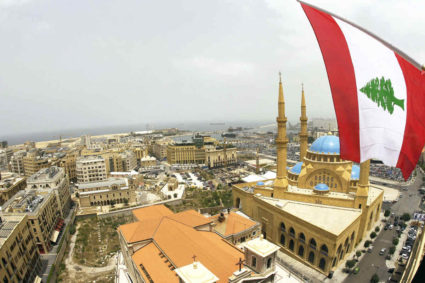Business Insider released an article today listing the 20 most dangerous countries in the world for tourists. The list was extracted from The World Economic Forum’s 2017 Travel and Tourism Competitiveness Index Report, which measures “the set of factors and policies that enable the sustainable development of the travel and tourism sector, which in turn, contributes to the development and competitiveness of a country”.
The 370 pages long WEF report ranks countries based on several indicators and pillars including International Openness, Prioritization of Travel & Tourism, ICT readiness, Human resources and labour market, Health and hygiene, Safety and security, Business environment, Price competitiveness, Environmental sustainability, Air transport infrastructure, Ground and port infrastructure, Tourist service infrastructure, Natural resources and Cultural resources & business travel.
Globally speaking, Lebanon ranked 96th out of 136 countries, and 8th in the Middle East out of 10 countries (Israel excluded). Our worst rankings were under the Safety and security pillar (the one highlighted by Business Insider) as well as Natural Resources and Human resources and labour market.
To understand better the Safety and Security pillar, it is measured based on five criteria:
– Business costs of crime and violence
– Reliability of police services
– Business costs of terrorism
– Index of terrorism incidence
– Homicide rate/100,000 pop.
Lebanon ranked 128th under Business costs of terrorism and 125th under Index of terrorism incidence, and earned a global 125th rank under this pillar despite having decent rankings under the other pillars. For example we ranked 81st under Homicide rate/100,000 pop and 102nd under Business costs of crime and violence, which is way outside the worst 20 countries.
This being said, and given that terrorist threats are in specific areas that are not necessarily touristic ones, claiming that Lebanon is among the most dangerous countries for tourists is not really accurate, especially when the ranking is based on the prevalence of violence and terrorism and not on petty crime.
It’s definitely not the safest but highly touristic areas are relatively safe. To put it in simpler terms, check out the UK Travel Ban for Lebanon and how they pointed out areas at high or low risk of terrorism; You can clearly see that there’s a travel advice for the majority of the country, not an advise against traveling.
For those interested, check out the full report [here].
